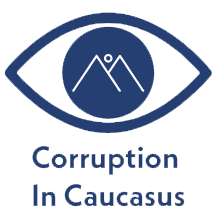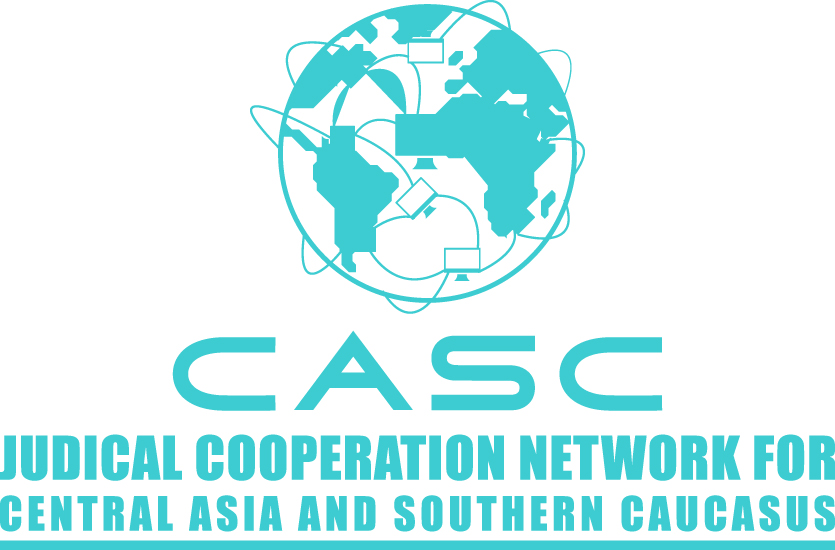Corruption remains a pervasive issue in the Caucasus region, encompassing Armenia, Georgia, and Azerbaijan. This article delves into the systemic corruption issues that plague these countries, drawing from multiple sources to provide a comprehensive overview.
Armenia
Armenia faces significant corruption challenges, particularly in public administration and law enforcement. Despite some progress post-2018 Velvet Revolution, corruption remains entrenched, with limited implementation of anti-corruption measures. Key issues include bribery, nepotism, and misuse of public funds, undermining public trust and hindering economic development.
Georgia
Georgia’s corruption landscape is marked by state capture, where powerful elites manipulate state institutions to their advantage. This has resulted in high-level corruption cases involving ministers, judges, and local government officials. The concentration of power and lack of independent oversight have exacerbated these issues, leading to widespread public distrust in government institutions ( The Organized Crime Index).
Azerbaijan
Azerbaijan’s corruption issues are deeply rooted in its oil and gas sector, which lacks transparency and is rife with bribery. The country’s political elite controls business and organized crime, creating a network of patronage and economic gain. This environment facilitates high-level corruption, embezzlement, and misuse of public funds, further destabilizing the country’s governance and economic systems ( The Organized Crime Index).
Conclusion
Addressing corruption in the Caucasus requires comprehensive reforms, independent oversight, and a commitment to transparency and accountability. Each country must strengthen its anti-corruption institutions and ensure the enforcement of robust anti-corruption measures to foster economic growth and democratic governance.

